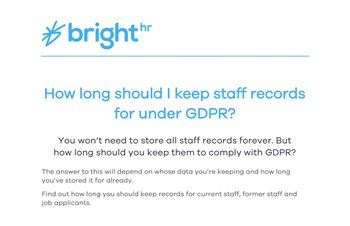With under a month to go to the start of the 2018 FIFA World Cup, football managers will be hard at work preparing their teams for success in this summer’s tournament. At the same time, employers should be taking the necessary precautions to manage their own staff and ensure provisions are in place to keep productivity levels high.
What should you do?
Some employers will choose to create a specific sporting events policy to manage staff during the World Cup. These policies will typically outline an organizations stance on a variety of issues including flexible working, internet usage, and general workplace conduct for the duration of the tournament.
Should you create a sporting events policy?
Having a specific sporting events policy in place will help inform staff of any amendments to accepted working practices during the World Cup and provide employers with the framework required to discipline those who fail to comply.
An added benefit of creating such a policy is that it can also be applied during similar events such as Wimbledon and the Olympic games.
The importance of communicating your policy
With that being said simply having a policy in place is just the first step and for any policy to be truly successful, it must be communicated effectively. Therefore, those who do choose to create a new policy ahead of the World Cup should ensure a copy of this is provided to staff well in advance, allowing them sufficient opportunity to review its contents and consider the practical implications prior to the tournaments kick-off.
Effective communication is equally important for those who choose to rely on pre-existing workplace polices to guide employee behavior. In these instances, employers should consider holding informal meetings with the wider workforce to reiterate what is expected of them during the tournament, this will also give them an opportunity to announce if there will be any relaxing of existing policies to better accommodate employees during the World Cup.
Enforcing your policy
Employers must also take care to ensure that the guidelines inscribed in workplace policies are enforced in a fair and consistent manner. Sporting events policies will commonly cover rules surrounding annual leave as employees may want time off to watch their favorite team’s matches, and normal procedures should apply, for example, being granted on a first come first serves basis.
Additionally, staff may be permitted to watch certain matches in between shifts and during designated break periods and line managers must be vigilant to ensure they do not take advantage of this privilege.
It is clear that implementing a sporting events policy will be useful in maintaining workplace productivity ahead of the World Cup, particularly for organizations who have struggled to manage employees’ performance in the past.
However, as well as simply creating the policy employers must adequately inform staff of any new policies and make concerted efforts to enforce the policy’s guidelines in a consistent manner.
Access the latest business knowledge in HR
Get Access





Comments
Join the conversation...